Austin Tom operates his farm, Punalu’u Pastures, on the east shore of Oahu. With a deep passion for sustainability, Austin strives to provide education and healthy local food to his community. He hopes his farm can become a resource for reconnecting people back to nature and the foods they eat. When not at the farm, Austin enjoys spending his free time in the ocean surfing and swimming.

How did you become a livestock farmer? What sparked your interest in farming?
I've always been passionate about sustainability and preserving our environment here in Hawaii. Farming is my direct approach to sustainability and a way to educate the community about the foods we eat and the impact it has on our environment. I studied agriculture in college and graduated in 2018 with a degree in agriculture. I came home to pursue my dream of starting a farm in late 2018. I wanted to do vegetable crops, but the land that I had access to was not suitable for vegetable production. This led me to raising livestock. As I began learning more about farming livestock, it also became apparent to me that Hawaii had a great need for locally supplied animal products.
What animals do you have on the farm?
On the farm we have sheep, one horse, rabbits, donkeys, two geese, and over 300 chickens now!
Why chickens?
Chickens are a great first animal to have on a farm. They are low maintenance and provide income quickly with egg production. I found that in Hawaii, there were no chicken farms that were truly free range either. Every farm in Hawaii has their chickens in a contained coop or chicken run. I realized that if I wanted to succeed in farming, I had to have a specialized product that would define my farm. I chose to focus on raising free-range, pasture-raised eggs. Eggs are also a great product because they are a staple of a household and a great way for people to be exposed to your farm.
What are the advantages of having a diverse collection of animals on the farm?
Each animal has a role in nature, and by combining their functions, you can have a very sustainable system. Chickens won't eat or utilize grass that is taller than they are, so the donkeys, horse, and sheep graze the grass down to a level where the chickens can eat and scratch through to find bugs. The horse, donkeys and sheep make a lot of manure as a result of eating tons of grass. The chickens scratch through their manure, eating all the flies and bugs while also helping spread the manure. Spreading the manure creates a healthier, more fertile pasture which means more bugs and better grass for all the animals to eat. I have the geese because they are naturally protective animals, so I raised them with the chickens. The geese will protect and alarm the chickens if there is a threat, like a mongoose. The rabbits eat mainly grass and their manure is great fertilizer for fruit trees. Their manure attracts a lot of bugs which ultimately helps feed the chickens. Every animal on the farm has a function. If you can find a way to combine their natural roles, you can create a very sustainable system.
What is your favorite thing about your farm/ranch?
My favorite thing about my farm is how it can be used as a tool to connect the community back to their food system. I offer farm tours and also do educational talks at schools. The more people know about your farm and your passion, the more people want to support and eat the foods you produce. The more people learn about different types of food production, the more they'll wonder about its story and how it was grown. Ultimately this creates a more conscious food eater and hopefully a more sustainable view of food and the environment. One of the best stories I've heard from a customer was that her two young daughters are now excited to wake up on the weekends to make breakfast and share a meal as a family. She shared with me that every Sunday morning the girls will wake up early and make omelettes for their parents. They'll get excited to share a meal together because they want to cook the eggs that came from all the happy chickens on my farm. Those are the kinda stories that make everything worth it.
How does living in Hawaii influence your farming?
Farming in Hawaii definitely has its perks, but it also has it downsides. We are lucky enough to have a very temperate climate, so farming season is basically year round. I would say the hardest thing about farming in Hawaii is the high cost of living and imported equipment. It's hard for us local producers to compete with mainland imports because our cost to produce things locally is much higher. A bag of chicken feed on the mainland would cost around twenty dollars, while here it cost almost thirty. Most things are imported, making everything more expensive.
As someone who recently started farming, what advice would you give to others who may be interested in starting a farm?
Do your research and have a plan. YouTube is an amazing resource for this. Find a farm you admire and study it and try to find a mentor who can help you. Having a farm plan is very important, but also be prepared for things to not go accordingly. Being flexible and adaptive is very important in farming, you never know what the environment will do. Initially I wanted to grow more vegetables rather than livestock, but my property didn't have running water and the ground was very unsuitable for crop production so my farm plan had to adapt to having more animals.


Pelican Coolers ambassadors are individuals whose lives exemplify all of the outdoor activities which our products cater to. Whether they’re firing up the grill in the backyard, hunting deer in the backcountry, or heading out to the jobsite our ambassadors are passionate individuals who are finding ways to live their American dreams. Welcome to our Ambassador Spotlight series, where we offer a glimpse into the lives of our ambassadors to spark the desire in all of us to explore the outdoors.

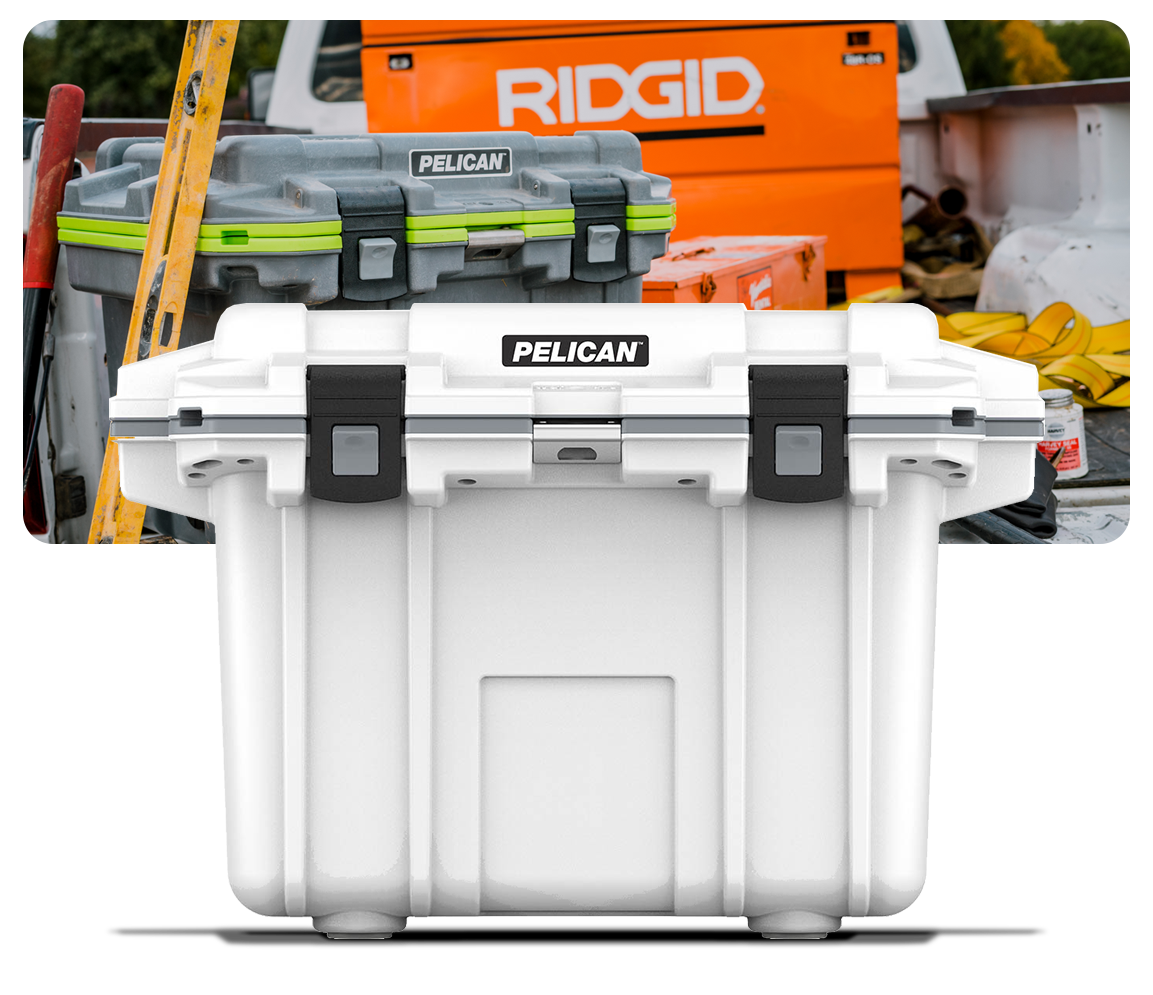
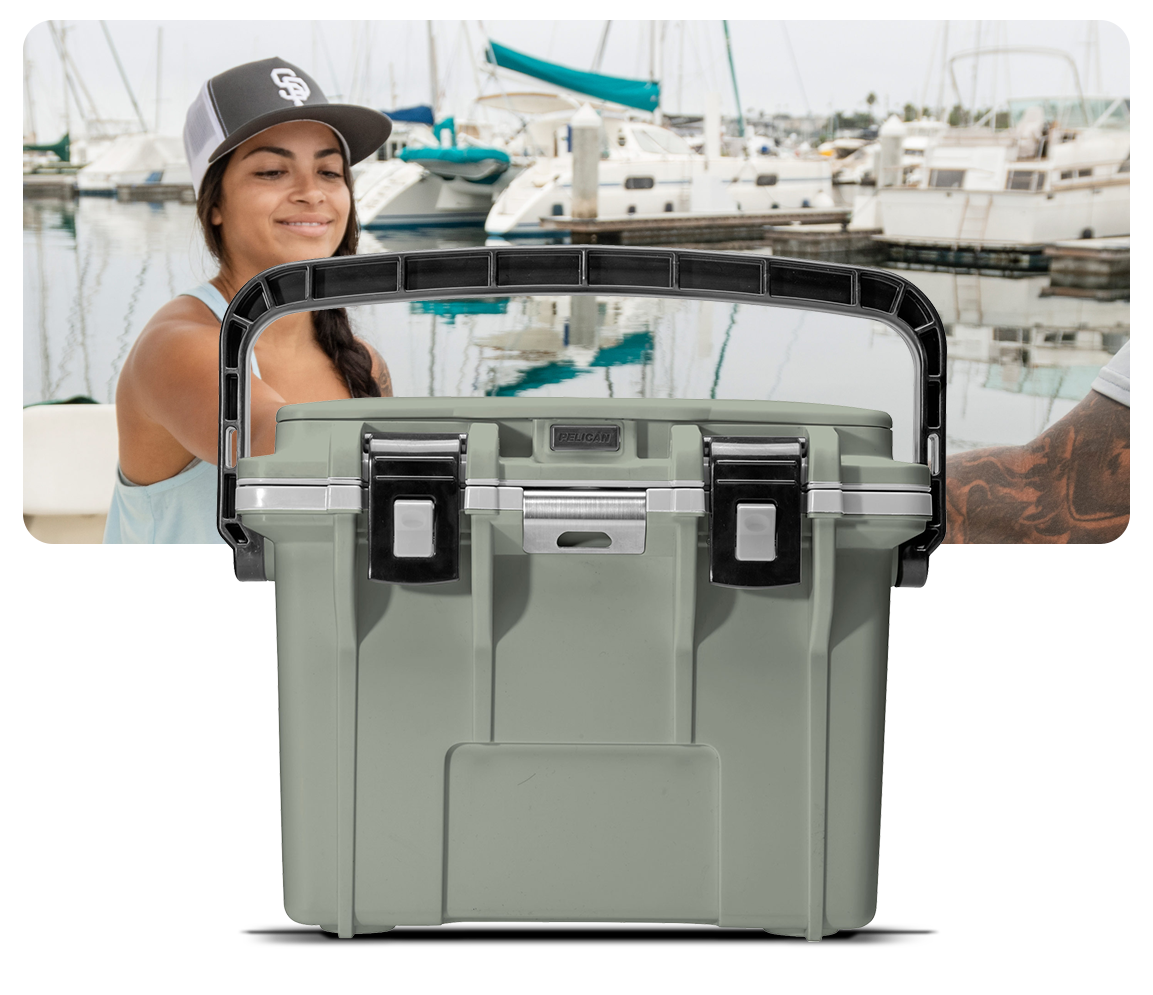
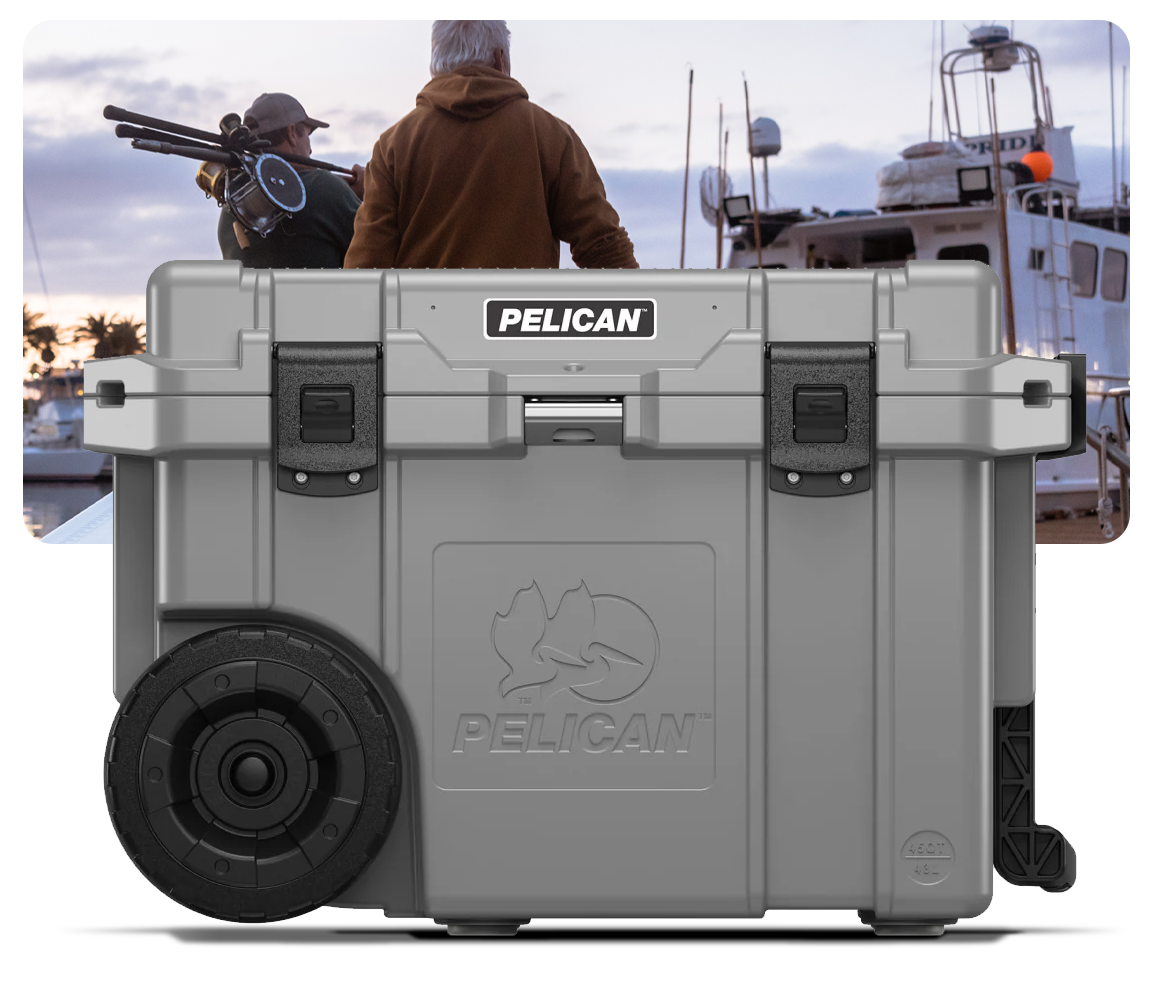
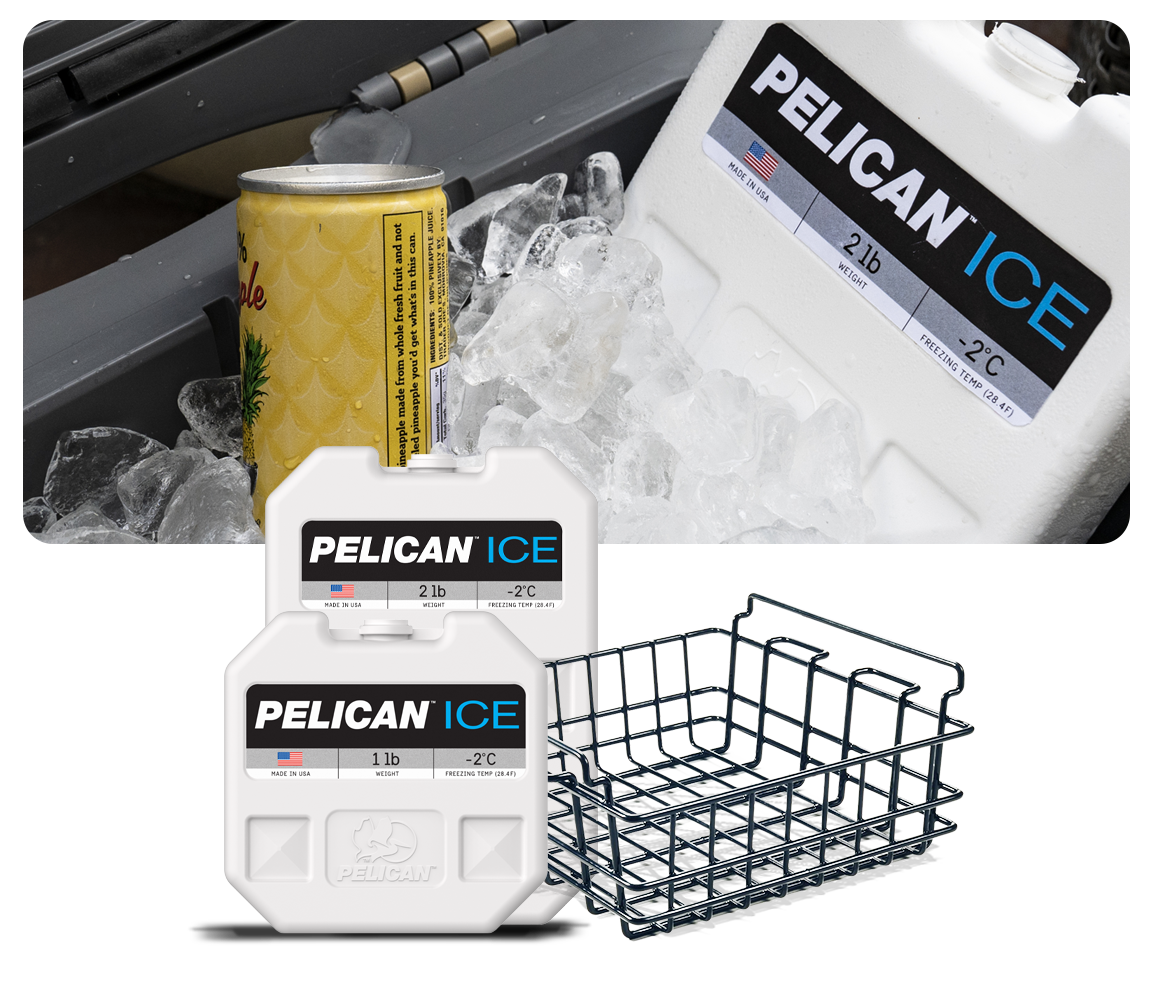
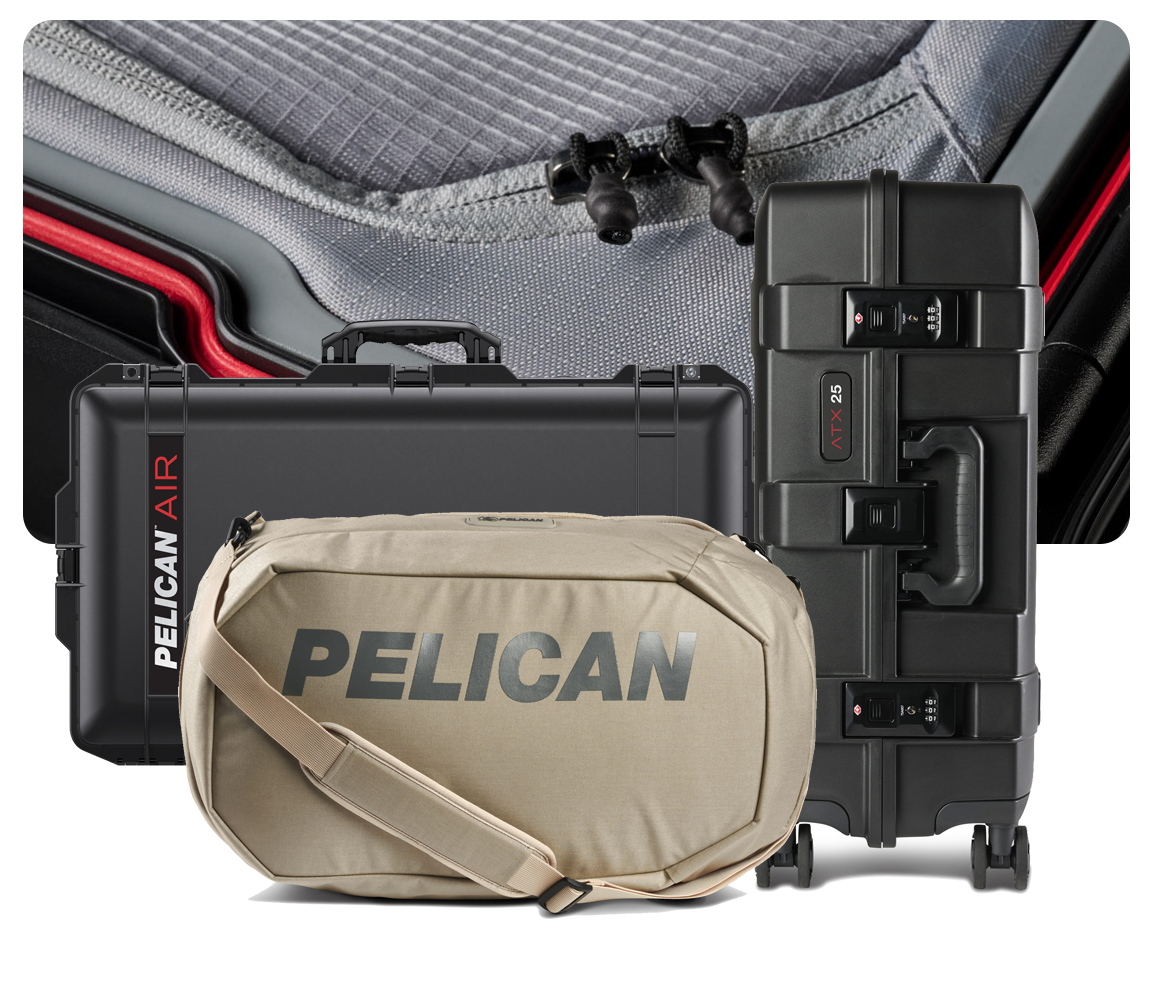
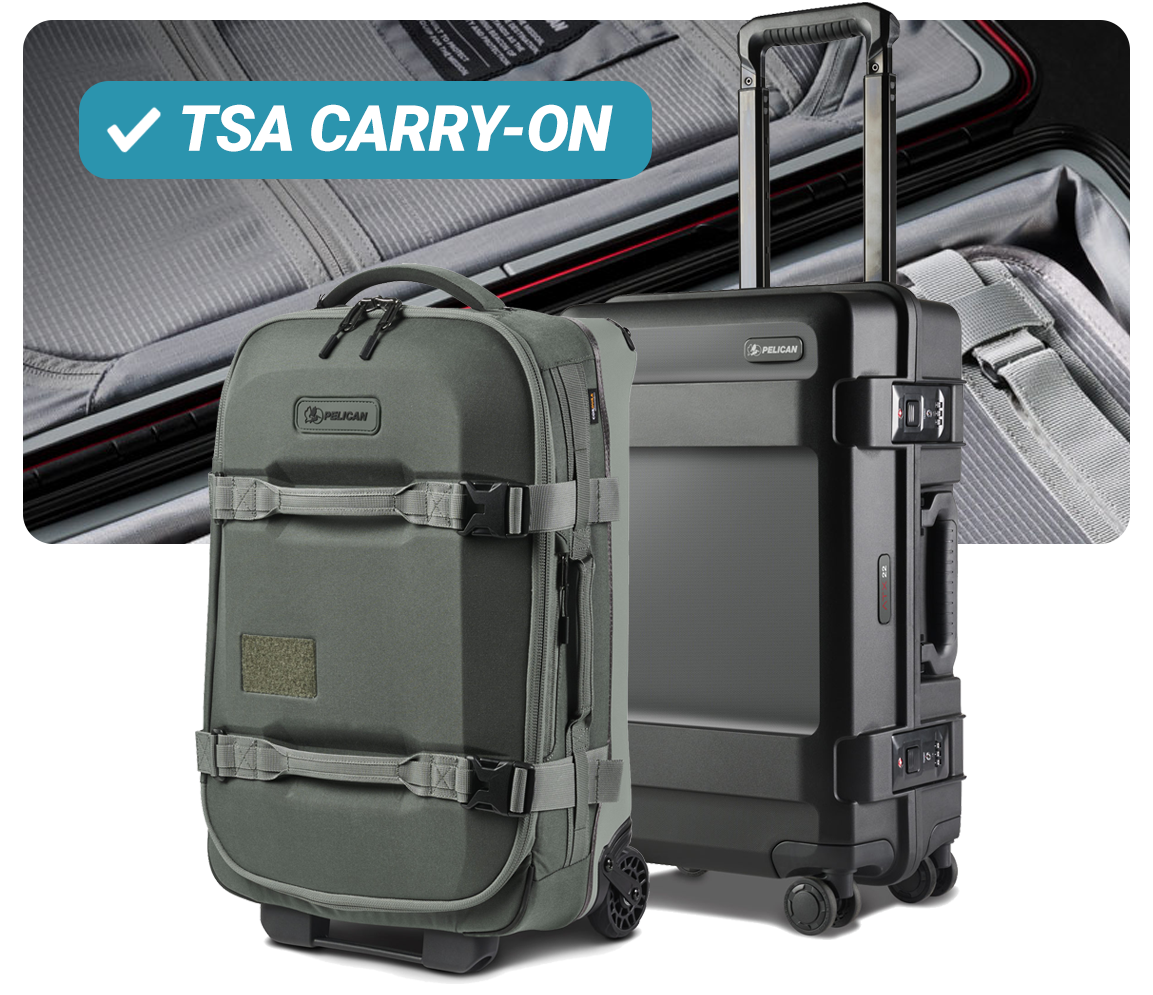
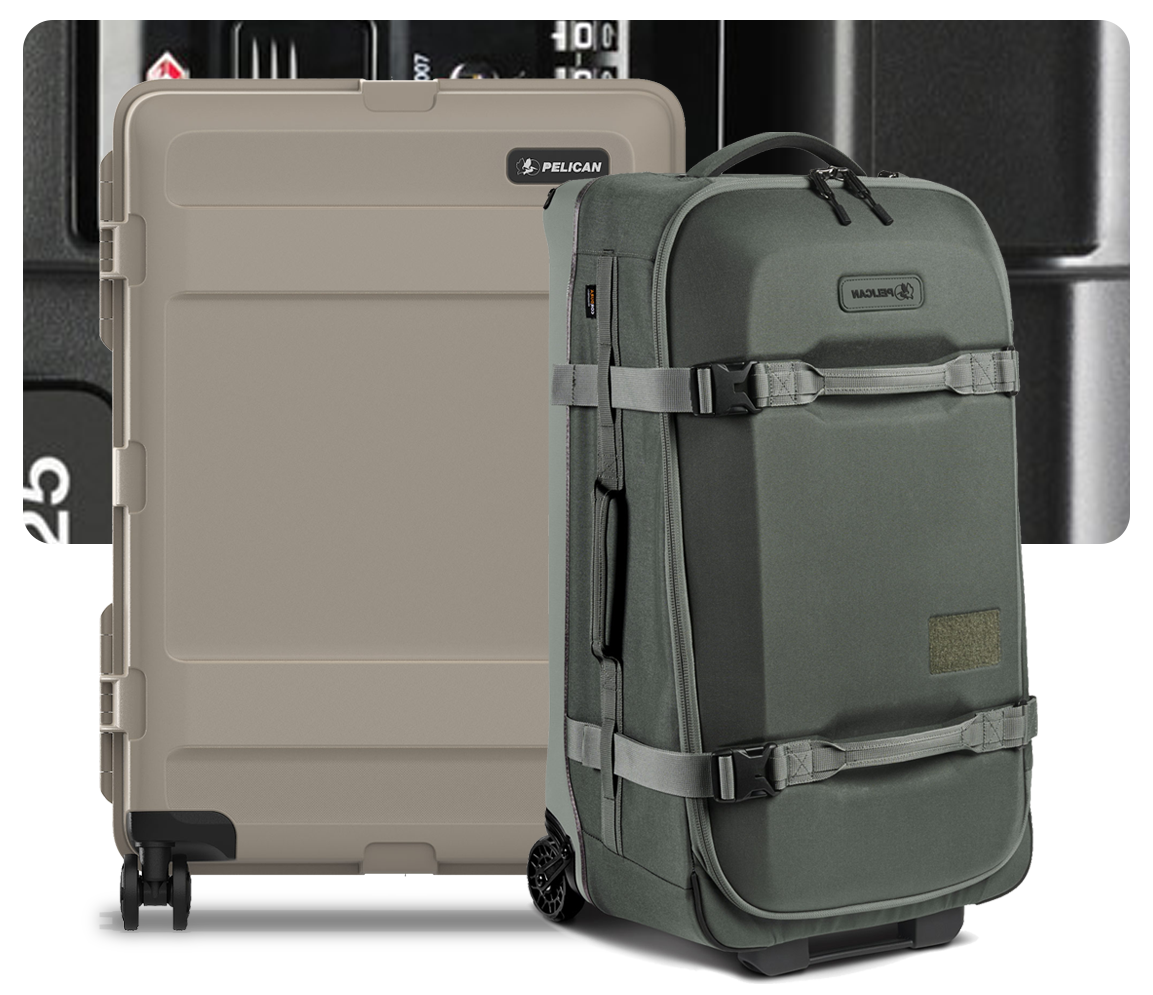
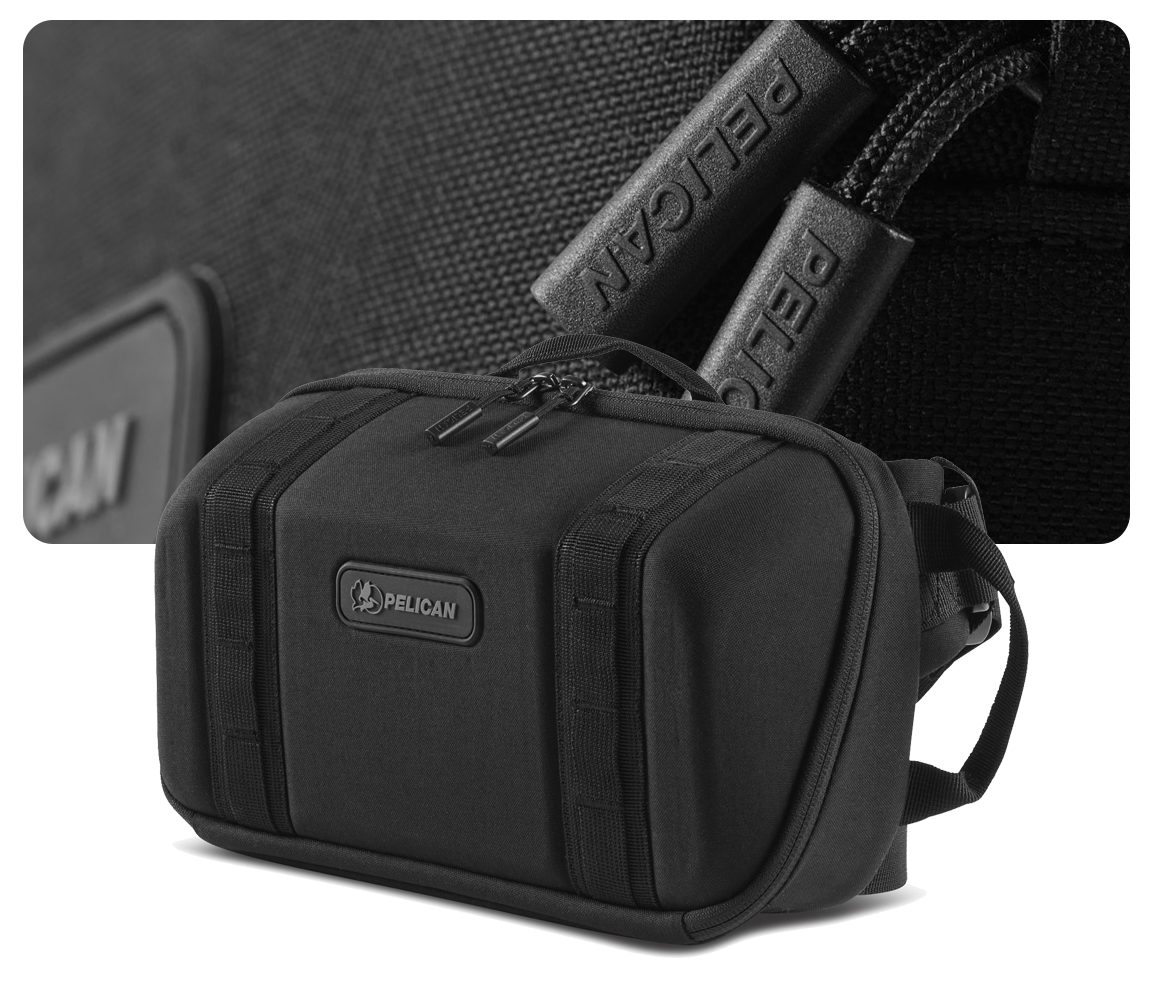
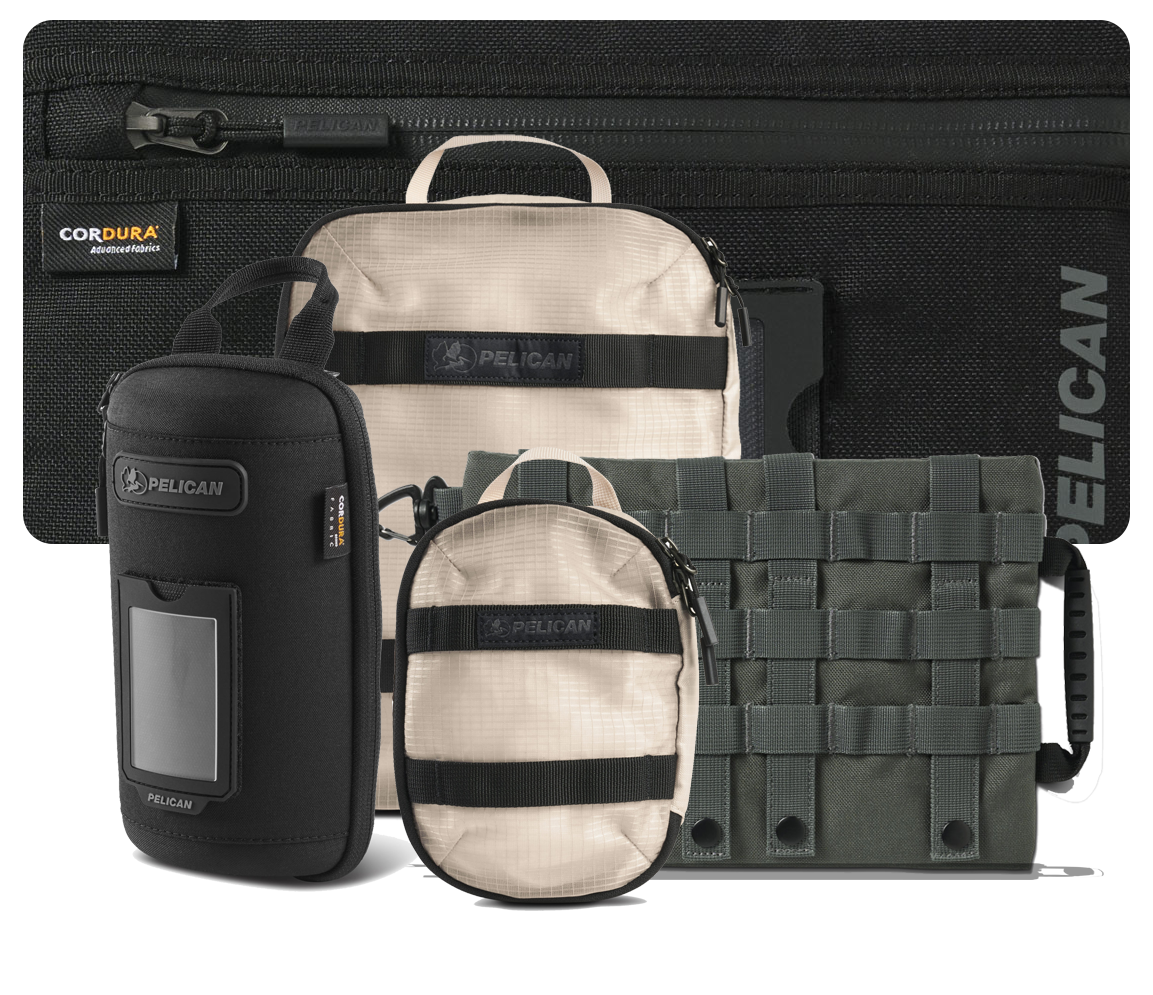
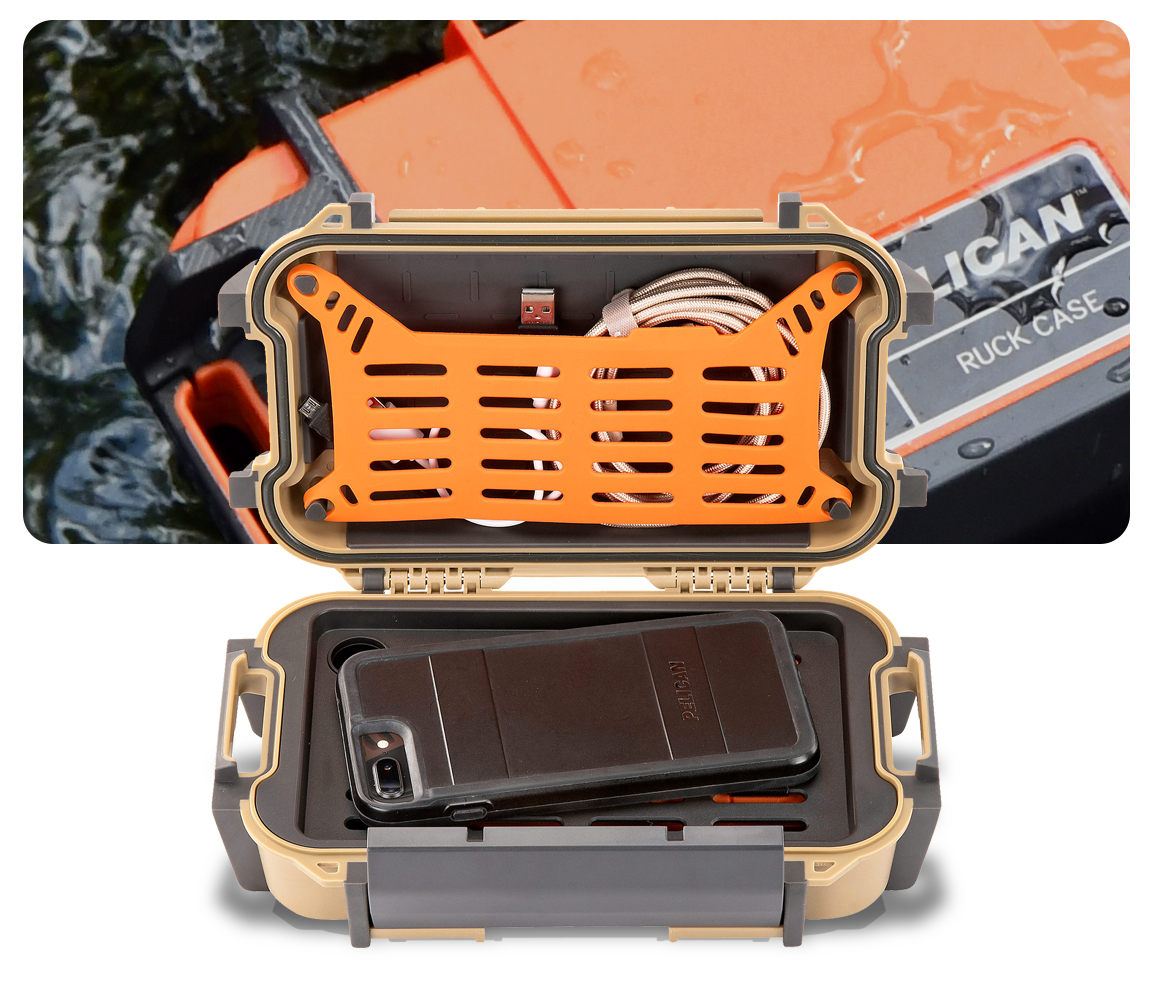
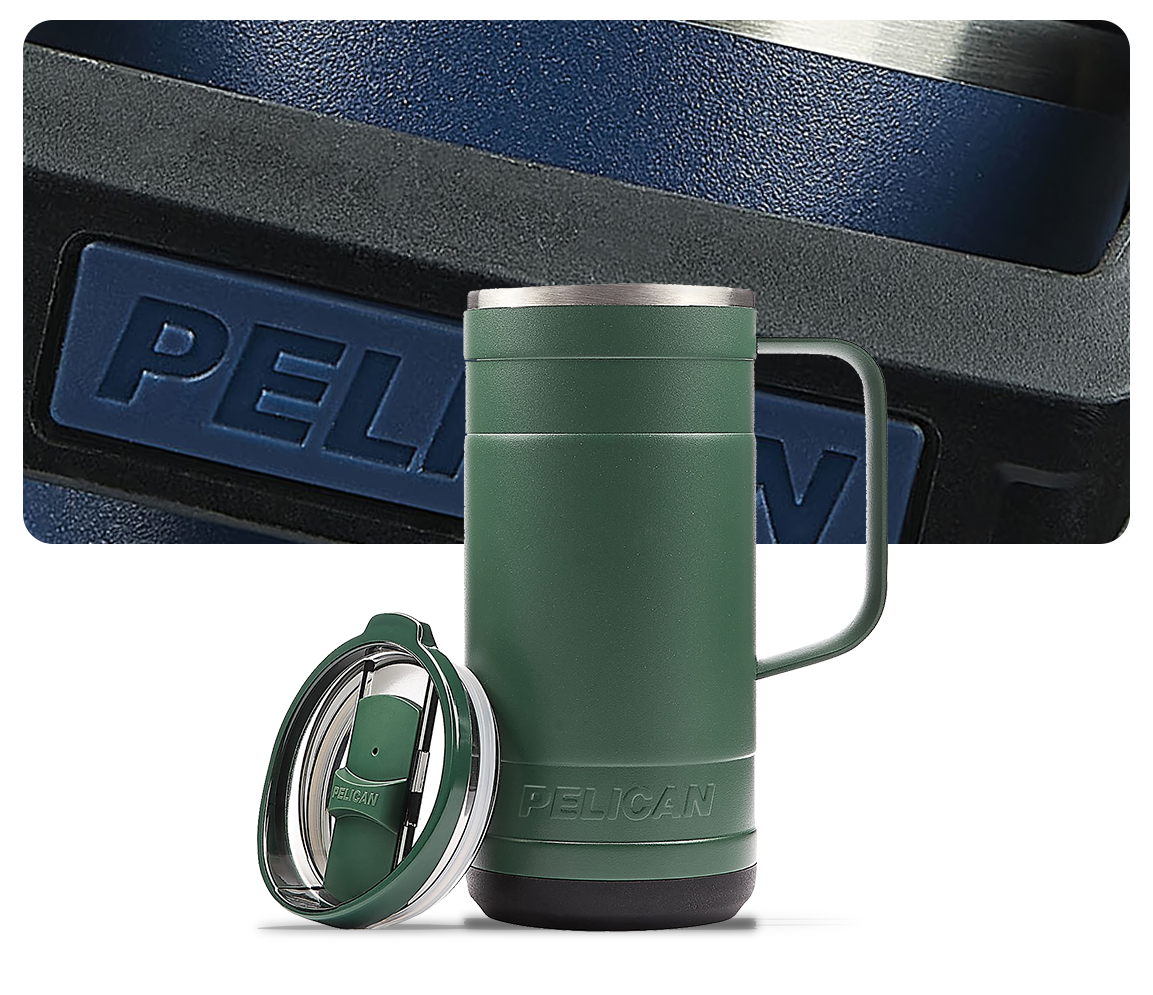
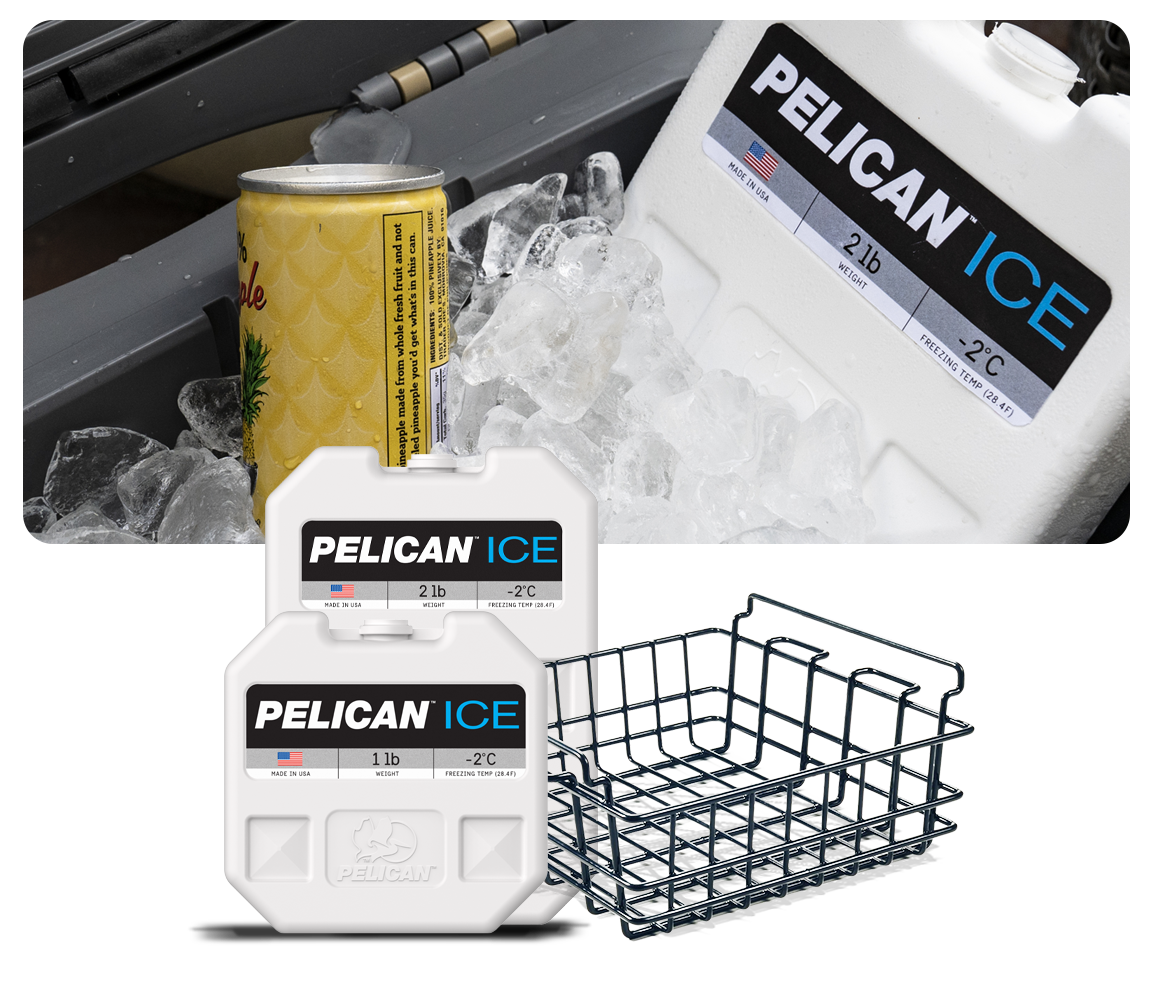
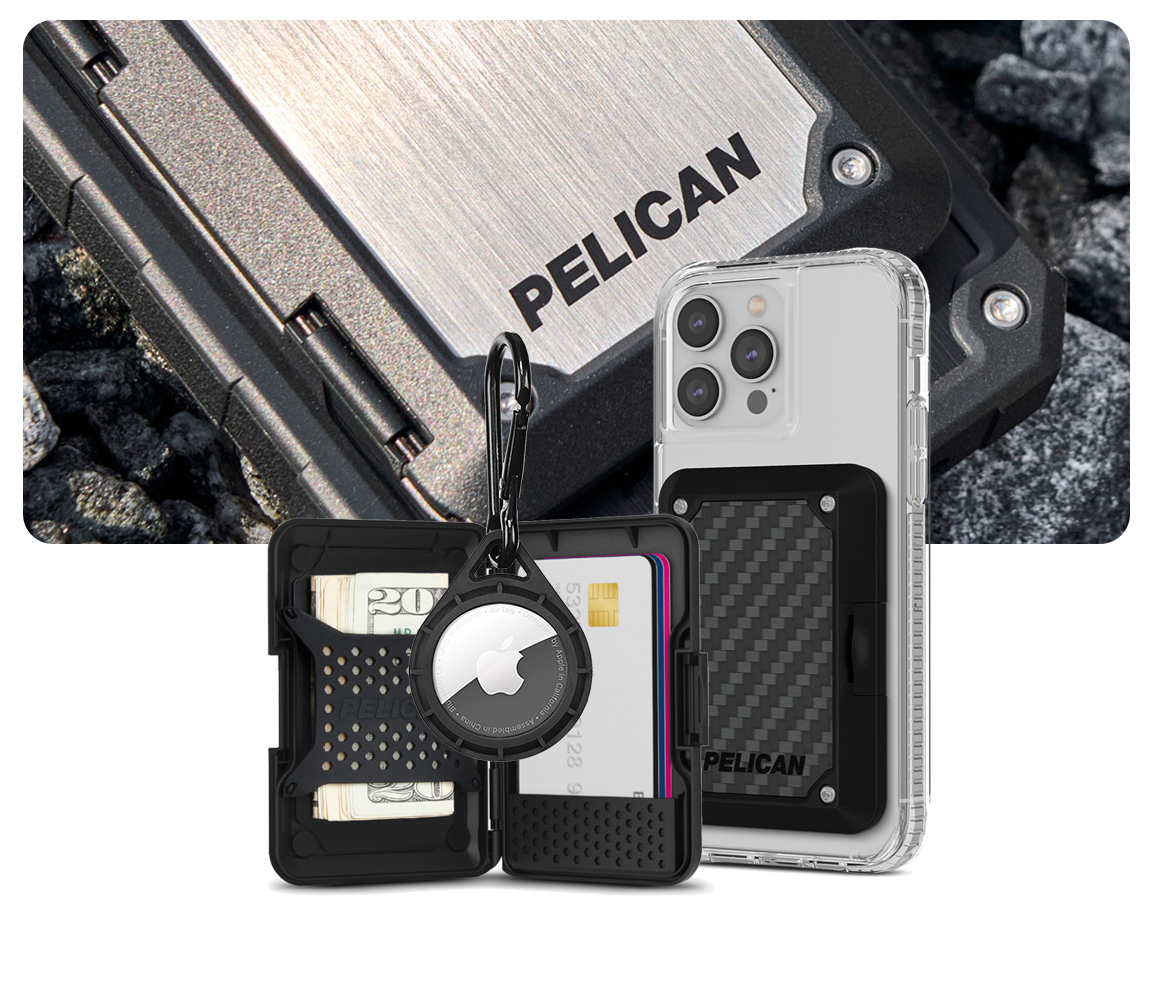
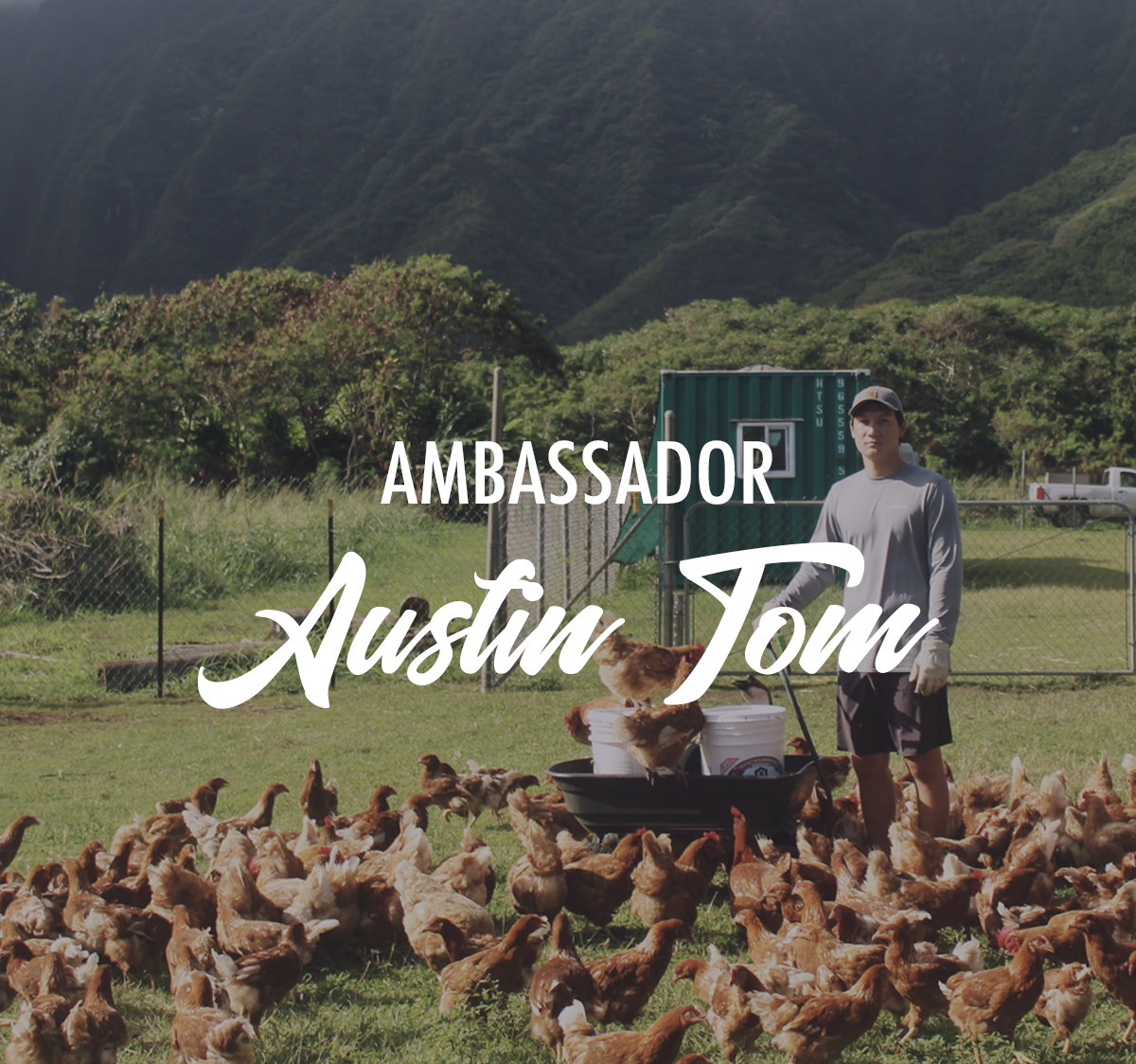
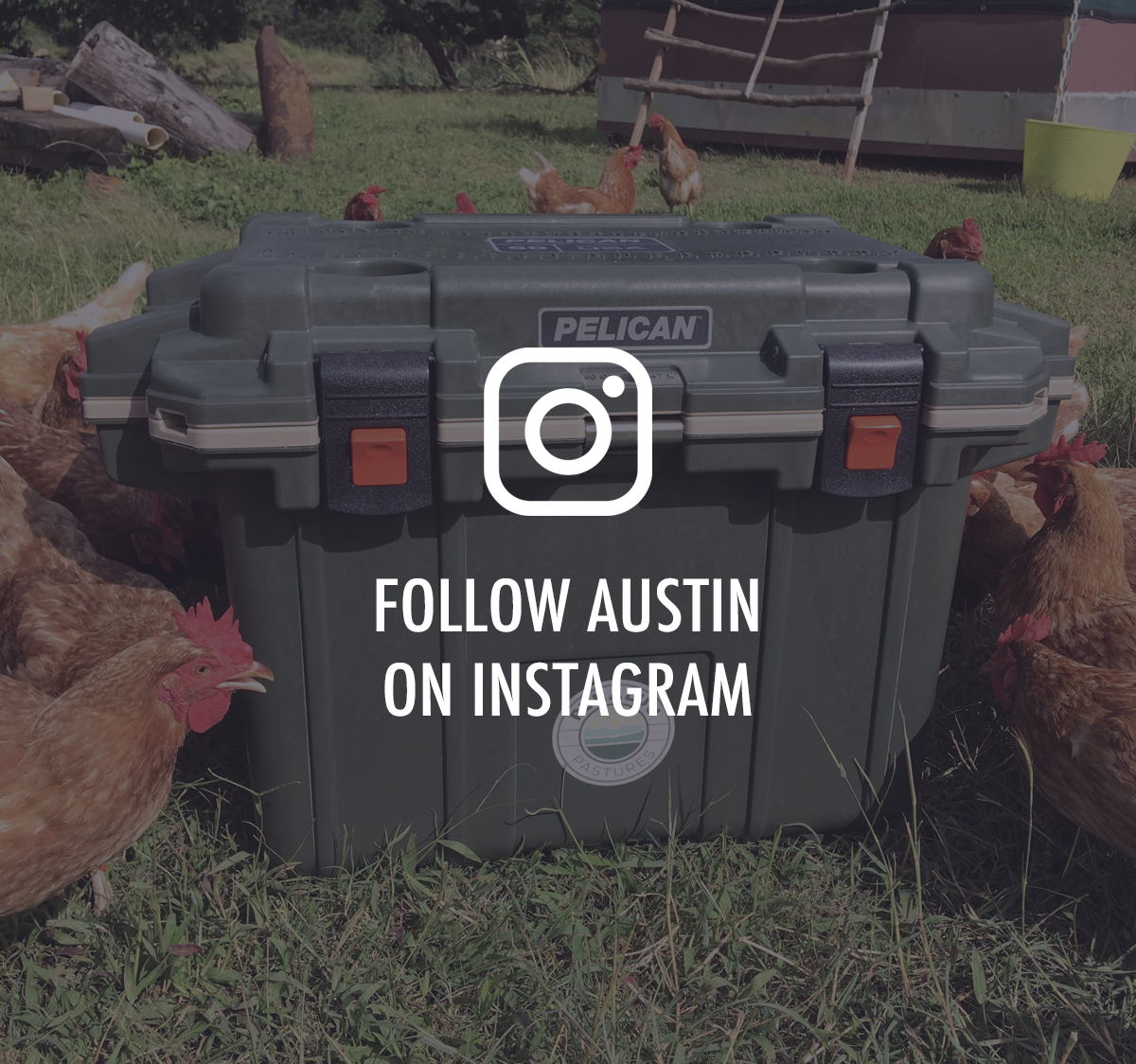

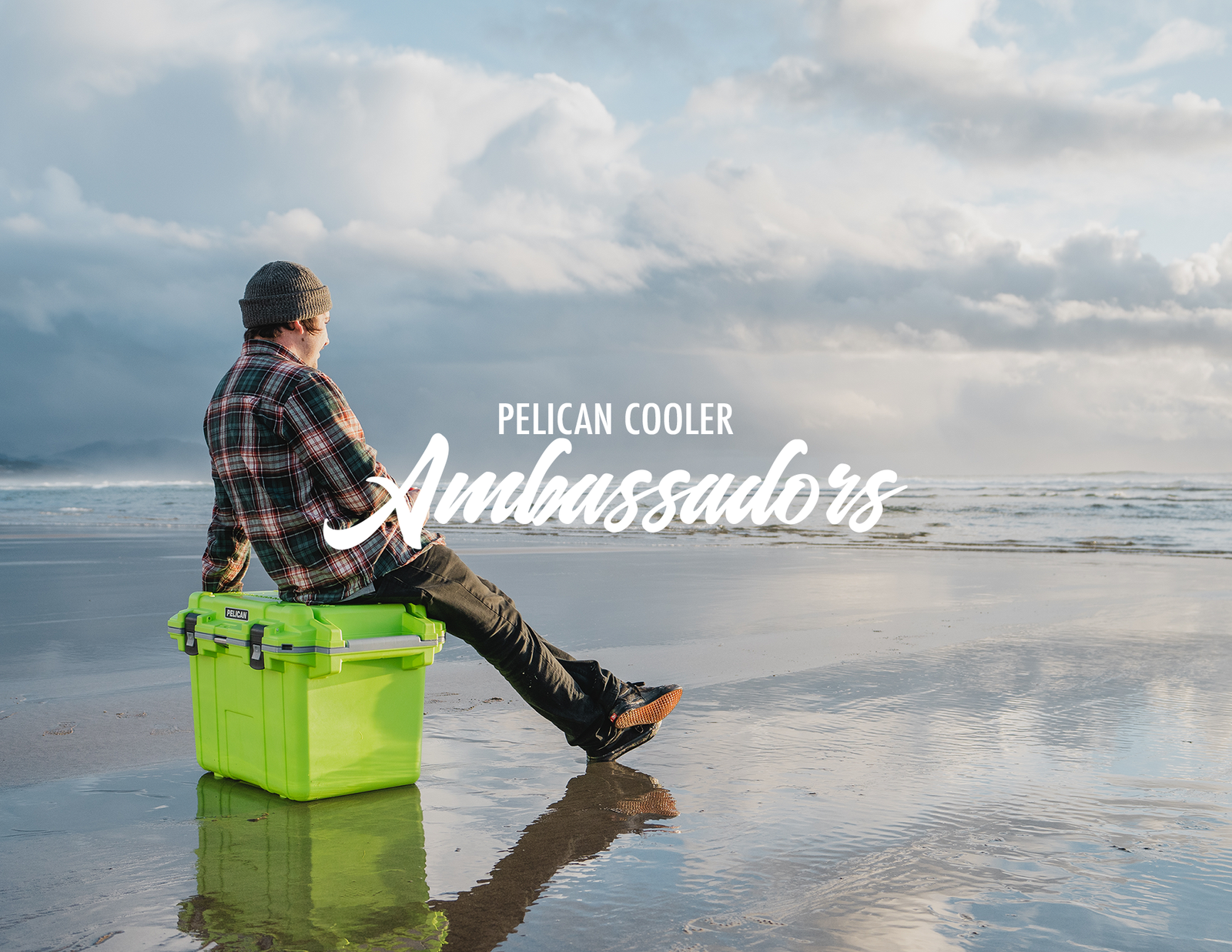
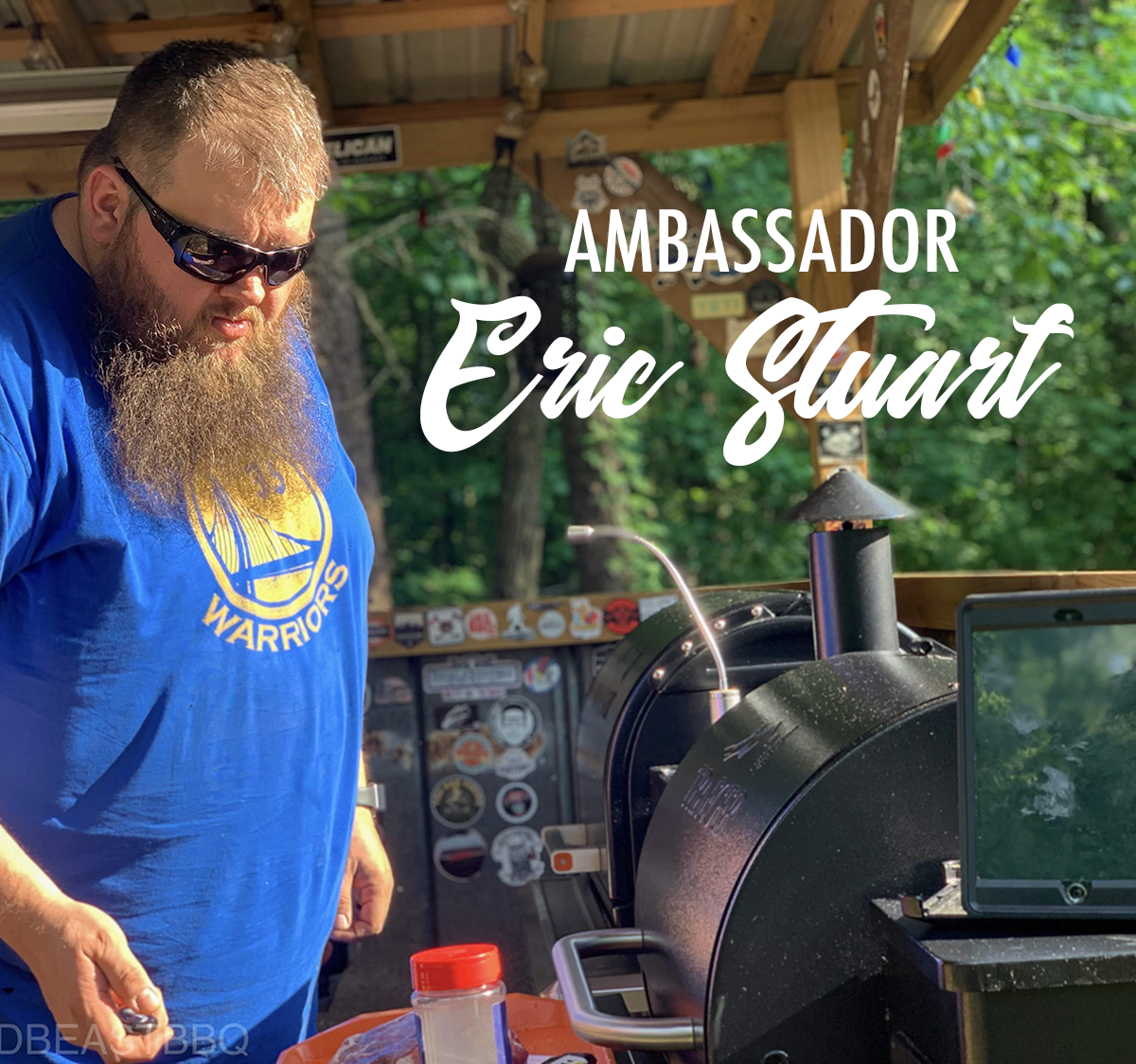
Rick Laughlin, FAPLD
May 28, 2020
Hats off to Austin Tom for seeking a sustainable ecological form of farming and living.